Welcome, dear readers, to the blog on “How To Get A Government Grant To Pay Off Debt”! Are you tired of drowning in debt and constantly struggling to make ends meet? Do you dream of a debt-free life but feel like it’s impossible to achieve? Fear not, because we’re here to tell you that help is available in the form of government grants!
Yes, you read that right. The government offers grants that can help you pay off your debts and get back on track. It may sound too good to be true, but it’s not. Of course, there are some hoops you’ll need to jump through to qualify for these grants, but with the right information and a little bit of effort, you could be on your way to a debt-free future.
Finally, sit back, grab a cup of coffee, and let’s dive into the world of government grants and how they can help you pay off your debt. And don’t worry, we’ll try to keep it as entertaining as possible – after all, debt can be a heavy subject, so we could all use a little humor!
Grant Program for Pay Off Debt
If you’re struggling with debt, you’re not alone. Millions of people in the United States are burdened by debt, which can have a negative impact on their lives. Fortunately, there is a solution: government grants. Yes, you heard that right. The government offers grants that can help you pay off your debts and get back on track.
To be eligible for a grant, you need to meet certain criteria. These criteria vary depending on the program, but typically include factors like income, debt amount, and residency. If you meet the criteria, you can apply for the grant and, if approved, use the funds to pay off your debt.
But where can you find these grants? The first step is to do your research. Check out government websites and look for programs that offer debt relief. You can also speak with a financial advisor who can help you navigate the process and find the right program for you.
Remember, the key to success is persistence. Applying for grants can be a time-consuming process, but the reward is worth it. Imagine the freedom of being debt-free and able to pursue your dreams without financial stress. So, what are you waiting for? Start your research today and take the first step towards a debt-free future.
Guideline for Avoid Overwhelming Debt
Are you drowning in debt and feeling overwhelmed? It’s a common problem that can happen to anyone. But the good news is that there are steps you can take to get back on track and avoid spiraling further into debt.
First things first, track your spending. This will give you a clear picture of where your money is going and where you can cut back. Next, calculate your credit card debt and make a budget. Be realistic about what you can afford to pay back each month. To reduce the growth of debt, be mindful of your spending habits. Try to avoid impulse purchases and focus on needs rather than wants. It’s also important to stay positive and keep a can-do attitude. You can overcome this!
One popular method for tackling debt is the debt snowball. This involves paying off the smallest debts first and then using the money you would have spent on those payments to tackle larger debts. You can also sell some of your unused items to bring in extra cash. Consider taking on a side hustle or finding other ways to make additional income. Spend less and save more by cutting back on unnecessary expenses. This will not only help you pay off your debt but also build up your savings. Don’t forget to set up an emergency fund for unexpected expenses.
Refinancing credit cards can also be a smart move, as it can lower your interest rates and reduce your monthly payments. Finally, take a look at debt relief options, such as debt consolidation or negotiation with creditors.
Ultimately, by following these guidelines, you can avoid overwhelming debt and take control of your financial situation. Remember, it’s never too late to start making positive changes!
Other Options to Get a Government Grant to Pay Off Debt
If you’re struggling with debt and considering applying for a government grant, there are other options to consider beyond traditional debt relief programs. Here are some examples:
Using grants to pay off debt: Some grants are designed specifically to help people pay off their debts. Look for programs that offer this type of assistance and see if you’re eligible to apply. Education-related debt and grants: If you have student loan debt, there may be government programs available to help you pay it off. Look into loan forgiveness programs or grants designed for education-related debt.
Government grants for dependent expenses, including childcare: If you have dependents, such as children, there may be government grants available to help with expenses like childcare. These grants can free up some of your money to put toward paying off your debt. Hospital bills: Medical debt can be a major burden, but there are government programs available to help. Look for grants or programs that can assist with paying off hospital bills.
Debt relief grants to help with day-to-day living expenses: Sometimes, it’s not just the debt that’s overwhelming, but the day-to-day living expenses that come with it. Look for grants that can help cover expenses like rent, utilities, and food, freeing up more money to put toward paying off your debt.
Finally, if you’re struggling with debt, don’t limit yourself to traditional debt relief programs. Explore other government grants and programs that can help alleviate the burden of debt and make it easier to become financially stable.
Frequently Asked Questions
As we wrap up this guide on government grants to pay off debt, let’s answer some of the most common questions people have:
Who is eligible to receive a government grant to pay off debt?
Eligibility criteria vary depending on the grant. It’s important to research each program’s requirements before applying.
Can I apply for multiple grants at once?
Yes, you can apply for multiple grants as long as you meet the eligibility criteria for each program.
Will receiving a government grant affect my credit score?
No, receiving a grant won’t directly impact your credit score. However, paying off your debts can positively impact your score in the long run.
How long does it take to receive a grant?
The timeline varies depending on the grant and the processing time for applications.
Are there any fees to apply for a government grant?
No, legitimate government grants don’t require application fees. Be wary of any programs that ask for upfront payments.
Can I use a government grant to pay off any type of debt?
It depends on the grant’s specific requirements. Some programs may only cover certain types of debt.
Can I apply for a grant if I have bad credit?
Yes, some grants don’t require a credit check. However, having good credit can increase your chances of being approved for certain programs.
Will I have to pay taxes on the grant money I receive?
It depends on the type of grant and how it’s classified for tax purposes. Consult with a tax professional for specific advice.
Can I use a grant to start a business?
Some grants may be available for business startup costs, but they may have specific requirements and restrictions.
Final Thoughts
To sum up, getting a government grant to pay off debt can be a helpful option for those struggling with financial burdens. However, it’s important to understand that these grants are not a one-size-fits-all solution and may not be available for everyone.
Before applying for any government grant, it’s essential to do your research and ensure you meet the eligibility requirements. You should also be wary of any scams that may ask for upfront payments or personal information. Remember that there are other options available for paying off debt, such as creating a budget, reducing expenses, and seeking debt relief programs. It’s crucial to explore all your options and find the best solution that works for your individual financial situation.

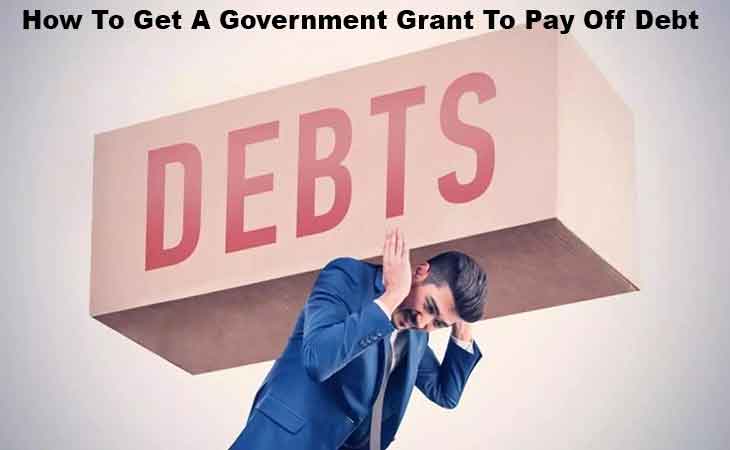
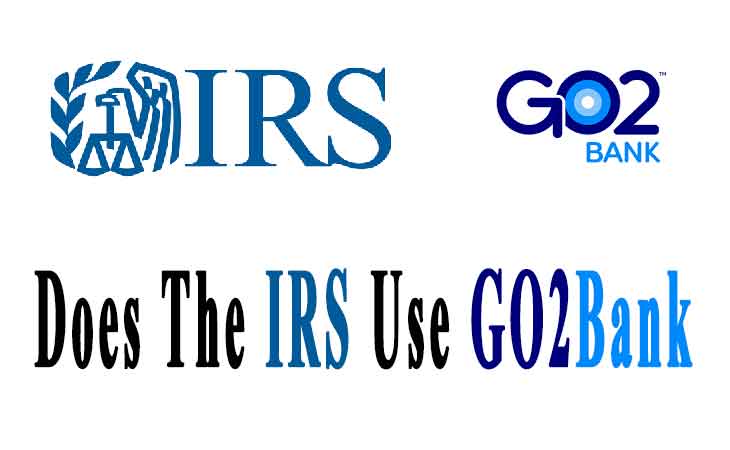
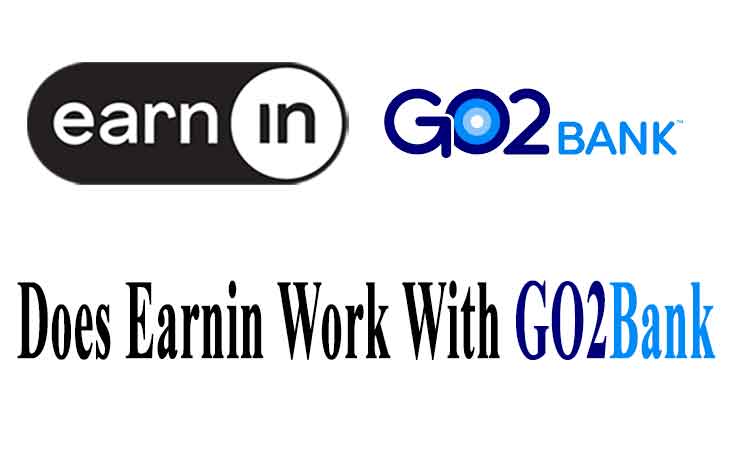
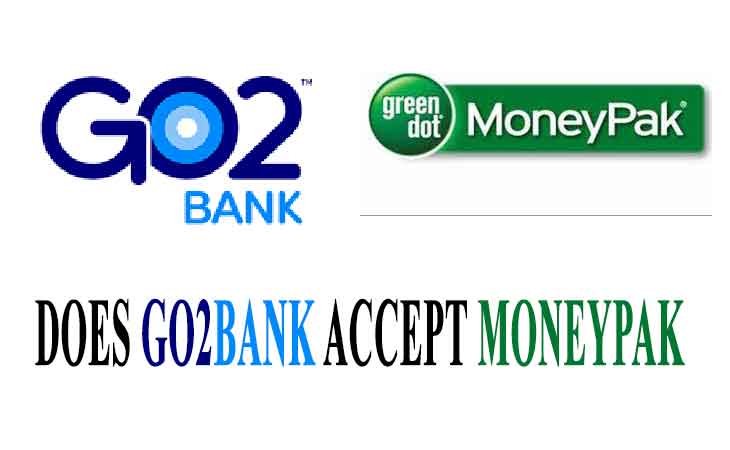
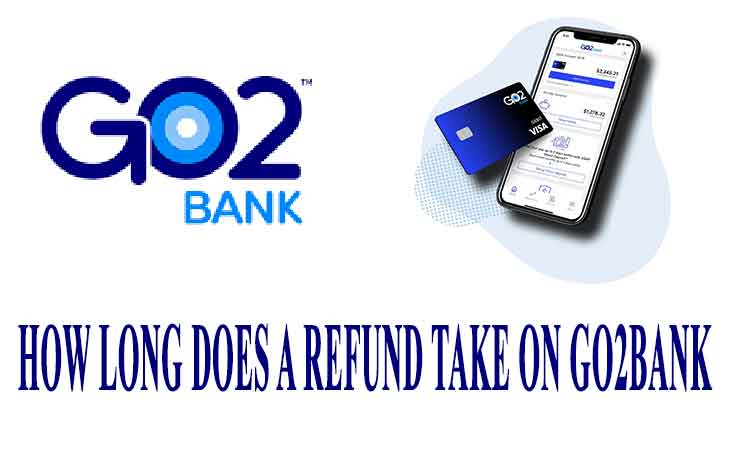
Leave a Reply